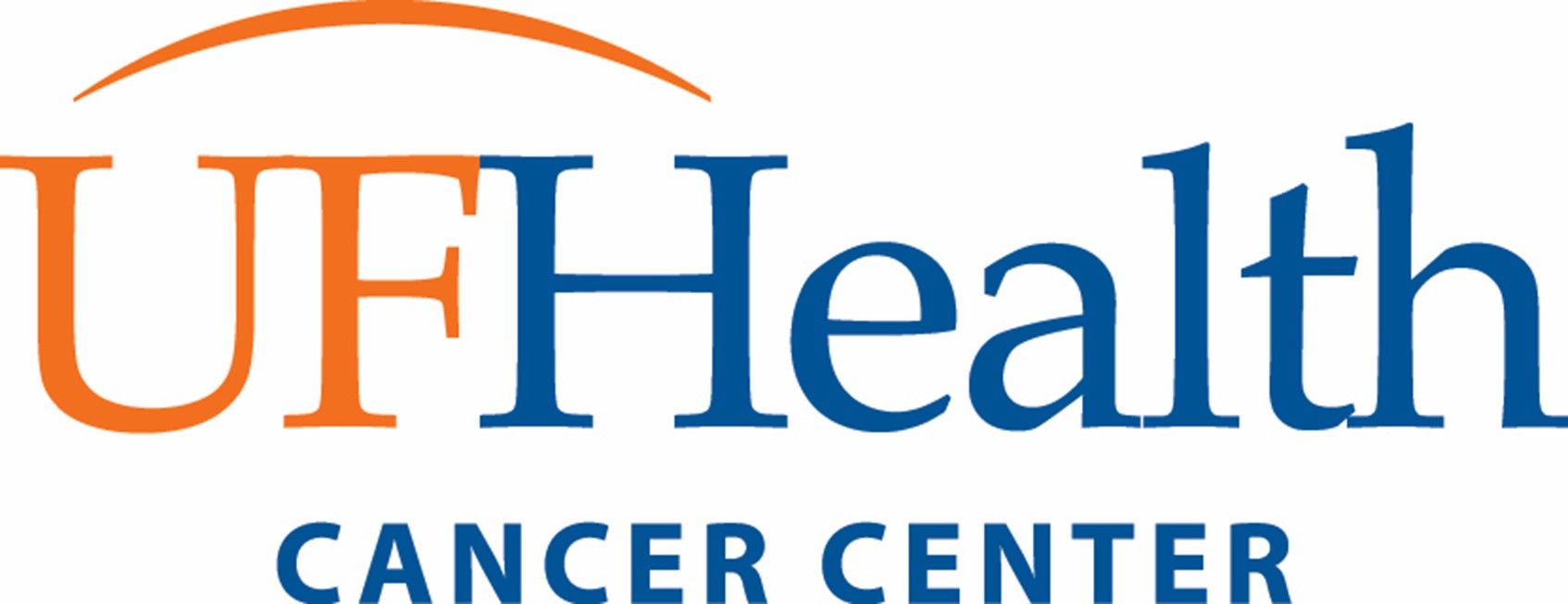
Dr. Sahin on the Background of the IMbrave 151 Trial in Biliary Tract Cancer

Ilyas Sahin, MD, discusses the background and findings of the phase 2 IMbrave 151 trial in advanced biliary tract cancer.
Ilyas Sahin, MD, assistant professor, Division of Hematology & Oncology, University of Florida Health, discusses the background and findings of the phase 2 IMbrave 151 trial (NCT04677504) in advanced biliary tract cancer.
The IMbrave 151 trial evaluated the efficacy and safety of bevacizumab (Avastin) plus atezolizumab (Tecentriq), cisplatin, and gemcitabine vs placebo plus atezolizumab, cisplatin, and gemcitabine as first-line treatment for patients with advanced biliary tract cancer. Findings presented at the 2023 Gastrointestinal Cancers Symposium showed that patients treated in the bevacizumab achieved a median progression-free survival (PFS) of 8.3 months (95% CI, 6.8-10.0) compared with 7.9 months (95% CI, 6.2-8.4) in the placebo arm (stratified HR, 0.76; 95% CI, 0.51-1.14).
Additionally, the 6-month PFS rates were 78.2% (95% CI, 68.8%-87.7%) in the bevacizumab arm and 63.1% (95% CI, 52.6%-73.6%) in the placebo arm. Study authors noted that higher PFS rates and longer duration of response in the bevacizumab arm suggested a clinical benefit in a subset of patients.
After the phase 3 TOPAZ-1 trial (NCT03875235) demonstrated the benefit of adding durvalumab (Imfinzi) to chemotherapy in the frontline treatment of patients with advanced biliary tract cancer, investigators aimed to take a deeper look at the potential role of immunotherapy in this space, Sahin starts.
Treatment with a VEGF inhibitor can cause changes in the tumor microenvironment and increase T-cell infiltration, Sahin adds, noting that this led investigators to hypothesize that the addition of bevacizumab could increase the efficacy of immunotherapy in patients with biliary tract cancer. He notes that IMbrave 151 was designed as a hypothesis-generating trial.
IMbrave 151 was the first phase 2 randomized trial testing the addition of a VEGF inhibitor to a PD-L1, Sahin continues. Although the primary end point was PFS, there was no statistical analysis in this study since it was meant to be hypothesis generating, Sahin says. Although data reported thus far were not promising, study authors will continue with additional follow-up and correlative studies to identify if some patients could derive a benefit from the addition of bevacizumab to atezolizumab and chemotherapy, Sahin concludes.






































